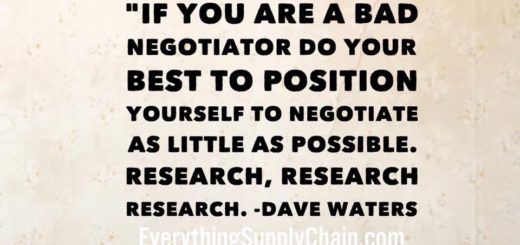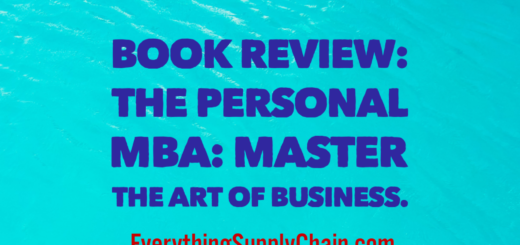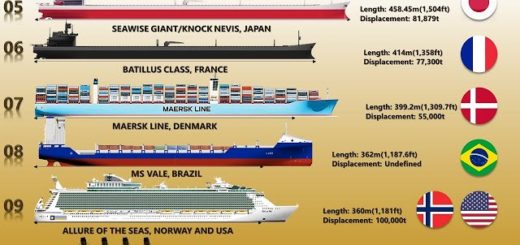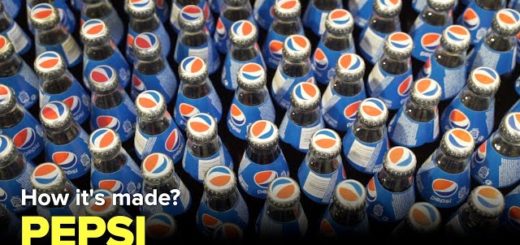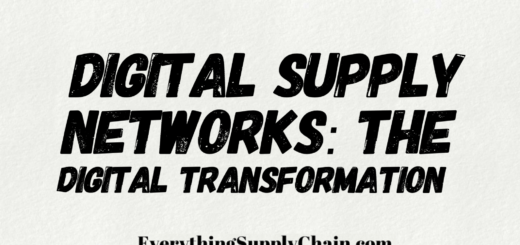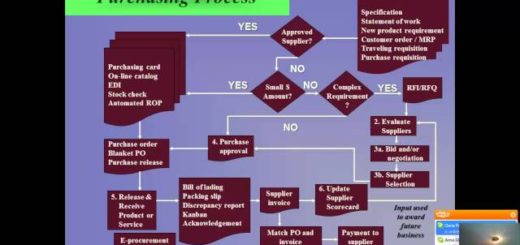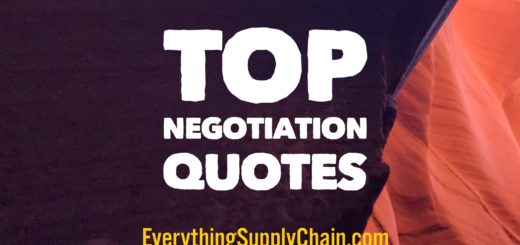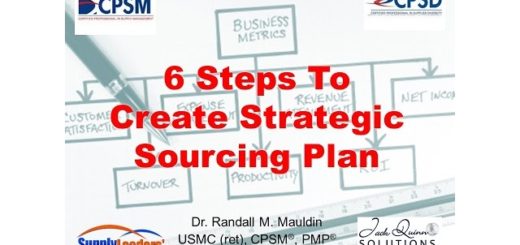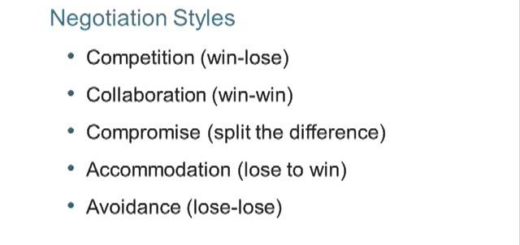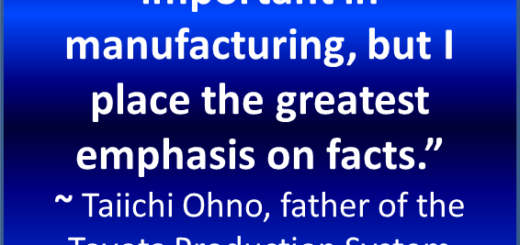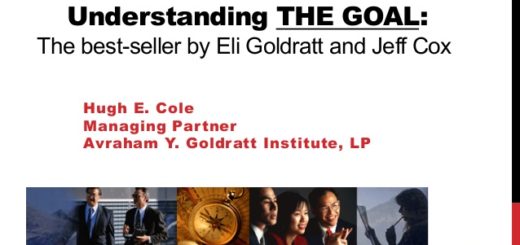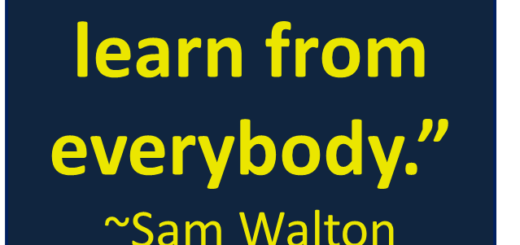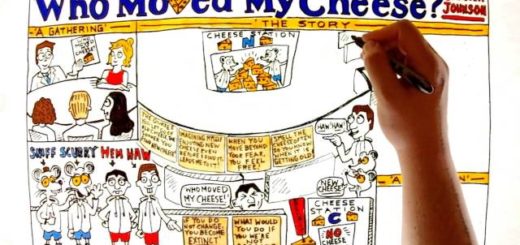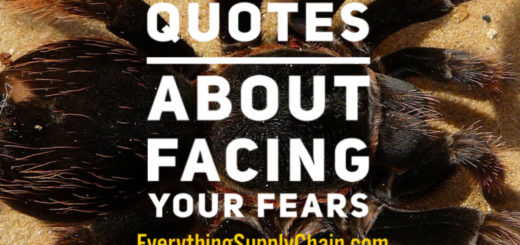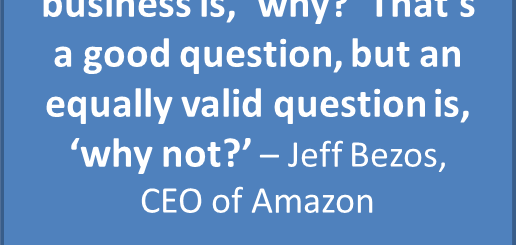Science Of Persuasion.
Science of Persuasion
The science of persuasion, also known as social influence, is the study of how people’s attitudes, beliefs, and behaviors are affected by the actions and influence of others. It encompasses a wide range of theories and research from various fields, including psychology, sociology, and marketing. The main goal of persuasion research is to understand how and why people are influenced by others and how to design effective persuasive messages and campaigns.
One of the most widely studied theories of persuasion is the Elaboration Likelihood Model (ELM) which suggests that persuasion can happen through two routes: the central route and the peripheral route. The central route is when people are motivated and able to think critically about the message and the peripheral route is when people make decisions based on cues such as the source, the context or the packaging of the message.
Another important concept in persuasion is the principle of reciprocity, which suggests that people are more likely to comply with a request if they feel that they have received something of value first.
The principle of social proof, which states that people are more likely to comply with a request if they perceive that others are doing the same, is also important.
Additionally, the principle of authority, which states that people are more likely to comply with a request if it comes from a perceived authority figure, is also important concept.
The science of persuasion also involves the study of different persuasion techniques such as foot-in-the-door, door-in-the-face, and low-balling, which are methods of getting people to comply with a request by first making a small request, then a larger one.
In summary, the science of persuasion is a broad field that studies how people’s attitudes, beliefs, and behaviors are influenced by the actions and influence of others. It encompasses a wide range of theories and research, and it is important for understanding how to design effective persuasive messages and campaigns.
Strategic Sourcing and Procurement Blogs
- Getting to Yes – Negotiation Skills.
- Meaningful Involvement in Services Purchasing with Lisa Ellram.
- Negotiation Skills: 3 Simple Tips.
- Negotiation Skills Top 10 Tips. 11 minute video.
- Procurement supplier selection process (10 minute video).
- Procurement Training, Purchasing Training, Supply Chain Management Training.
- Science Of Persuasion (11 minute video).
- Strategic Sourcing for Successful Supply Chain Management.
- Strategic Sourcing Plan (10 Minute video).
- “More flies are caught with honey than with vinegar.” ~ Proverb
- “The most important persuasion tool you have in your entire arsenal is integrity.” ~ Zig Ziglar
- “Character may almost be called the most effective means of persuasion.” ~ Aristotle
- “If you would persuade, you must appeal to interest rather than intellect.” ~ Bengamin Franklin
- “People are usually more convinced by reasons they discovered themselves than by those found out by others.” ~ Blaise Pascal
- “That which we do not believe, we cannot adequately say; even though we may repeat the words ever so often.” ~ Ralph Waldo Emerson



